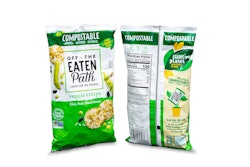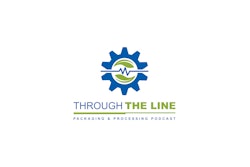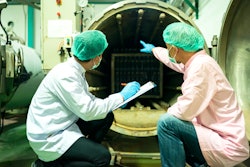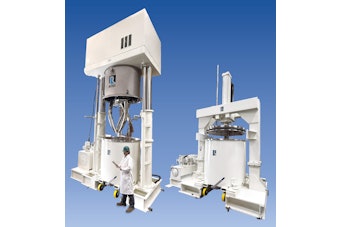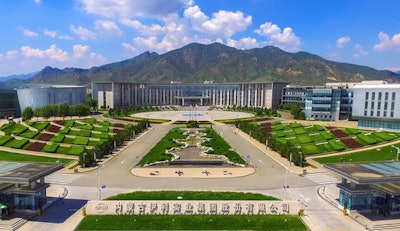
Yili Group has committed to achieving carbon neutrality before 2050, with targets set for 2030, 2040, and 2050. With its World Integrally Sharing Health: A Sustainable Development Initiative, Yili will be collaborating with partners across the industrial chain, such as Tetra Pak, FrieslandCampina, Chr. Hansen, and Roquette, towards a net-zero future. Yili will strive for mutually beneficial development along its industrial chain and create more social value, while ensuring its high-quality development.
Yili’s roadmap for full lifecycle carbon neutrality is divided into three phases. By 2030, an operational model for green, low-carbon, and circular development will preliminarily take shape at Yili, with energy efficiency increasing substantially.
By 2040, Yili aims to have overall green growth throughout Yili's industrial chain, and energy efficiency at the corporate level is projected to reach the world’s leading level. Yili is committed to have a green, low-carbon, and circular enterprise with a high-quality, clean, emission-free, safe, and efficient energy system by 2050.
 | Yili Facility China's First Food Industry First Zero-carbon Factory |
In 2010, Yili became the first company in the food industry to launch corporate carbon inventory assessments, which have continued for 12 consecutive years so far. In 2020, Yili became China’s first food company to commit itself to carbon neutrality in response to China’s goal of peaking CO2 emissions by 2030 and achieving carbon neutrality by 2060. In 2021, Yili Yili received the PAS 2060 certification for carbon neutrality from Bureau Veritas and launched its Future Intelligence and Health Valley in Hohhot, Inner Mongolia Autonomous Region, China’s first five-star project for carbon neutrality.
Yili now has the first net-zero factory in China’s food industry, the first net-zero milk in the country, and the first two “net-zero factories” in the Chinese milk powder industry.



